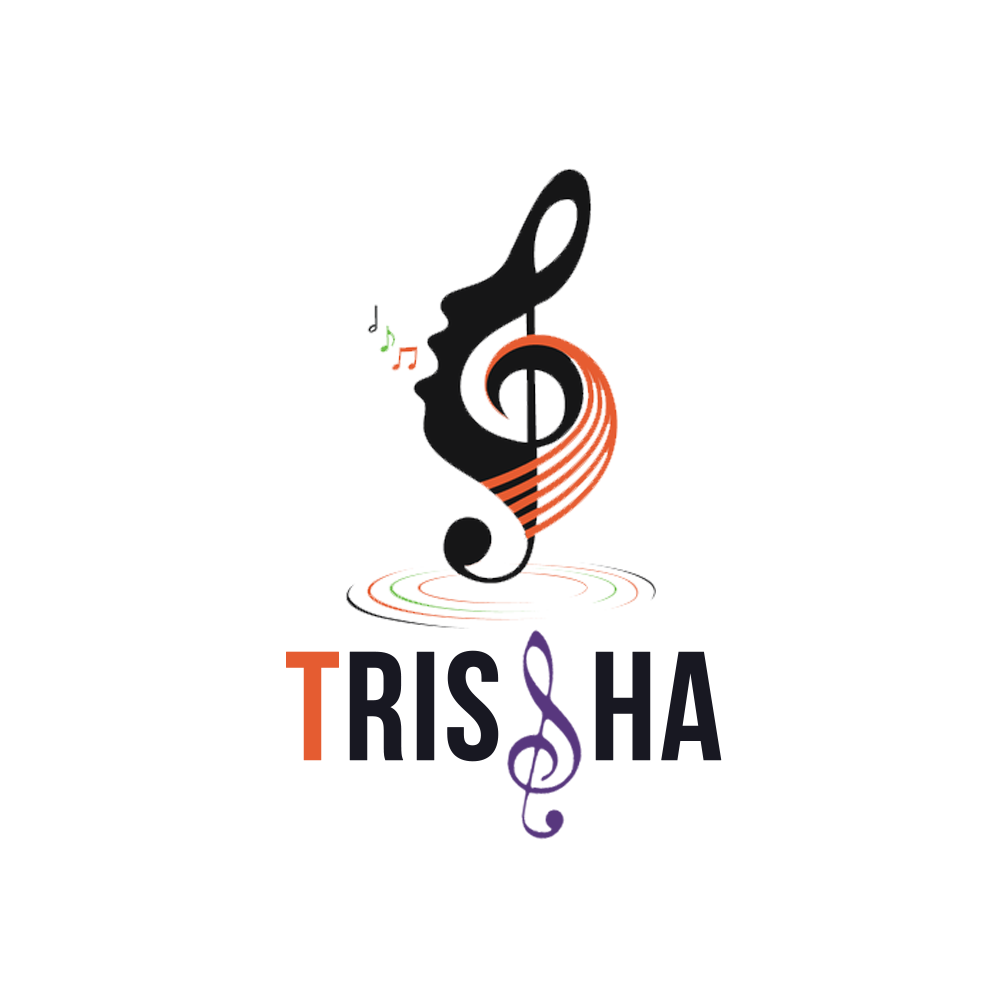The Healing Power of Music in Critical Surgical Operations
Music has been an integral part of human culture for centuries, offering solace, joy, and healing across diverse civilizations. Its power to affect emotions, mindsets, and even physical health is increasingly being recognized in modern medical practices. One of the most intriguing applications of music is in the realm of medicine, particularly in critical surgical operations. The use of music therapy in medical settings is not only beneficial for emotional well-being but is also proving to be an effective tool for pain management and post-operative recovery.
Historical Context of Music Therapy
The practice of using music for therapeutic purposes dates back to ancient civilizations. The Greeks, for instance, believed in the healing power of music and used it to treat both physical and mental ailments. In Egyptian culture, music was seen as a means to elevate the soul and promote healing. However, it wasn’t until the 20th century that music therapy gained scientific credibility, thanks to a growing body of research supporting its impact on physical health. As Western medicine advanced, music therapy found its place in hospitals and therapeutic environments, particularly in pain management and stress reduction during surgical procedures.
Scientific Evidence Supporting Music’s Healing Powers
Numerous studies have shown the powerful effects music has on the human brain. Research from institutions like the National Institutes of Health (NIH) and the British Medical Journal (BMJ) have shown that music can significantly reduce stress, anxiety, and pain perception. For example, studies have demonstrated that listening to music during surgery can lower heart rates and blood pressure, creating a calming effect that allows the patient to feel more relaxed and less anxious. Music stimulates the release of endorphins, the body’s natural painkillers, and helps patients manage discomfort without relying on strong medications.
One particularly notable study, published in the Journal of Advanced Nursing, found that patients who listened to music during surgeries reported less pain and had lower levels of anxiety compared to those who didn’t. Additionally, music was found to enhance the overall patient experience, leading to faster recovery times.
Case Studies and Real-Life Applications
There are several notable examples of music therapy being used successfully in surgeries. In the UK’s National Health Service (NHS), many hospitals have implemented music therapy as a part of their standard care during surgeries. The Guardian highlighted an instance where music was used during a series of heart surgeries, where patients showed remarkable improvement in recovery, less postoperative pain, and reduced use of pain medication.
Hospitals in the US and Japan have also adopted music therapy in critical care settings. A 2018 study in The Lancet showed that patients undergoing spinal surgery who listened to their favorite music showed a 40% reduction in anxiety levels and a 30% reduction in pain perception. These positive results have encouraged hospitals worldwide to integrate music into their surgical protocols.
Mechanisms Behind Music’s Impact
How does music work its magic in medical settings? Music influences the brain’s nervous system, reducing stress by lowering the levels of cortisol, the stress hormone. It activates the parasympathetic nervous system, which promotes relaxation and reduces muscle tension, leading to an overall calming effect. By focusing on the music, patients can divert their attention away from the discomfort and anxiety associated with surgery.
Furthermore, music helps in regulating the emotional response to pain. It provides a sense of control, which is particularly important in critical operations where patients may feel vulnerable. The calming nature of music can even reduce the need for anesthesia, decreasing the risk of complications associated with heavy sedation.
Patient Testimonials and Benefits
Numerous patients who have experienced music therapy during surgery have shared their positive experiences. One such testimonial was from a patient at a leading medical center in California, who underwent major abdominal surgery. The patient, who was anxious about the procedure, was provided with calming instrumental music. She reported that the music helped her focus, eased her nervousness, and made the entire experience more bearable. Many patients have similarly claimed that music helped them feel more at ease and in control, leading to better surgical outcomes and quicker recovery.
Global Practices and Adoption
The use of music in medical treatments is becoming a global phenomenon. In addition to hospitals in the US, UK, and Japan, countries like Germany and India are embracing music therapy. Music therapy centers are now being established within hospitals to offer patients a chance to listen to soothing music before, during, and after surgery. The practice has gained significant recognition for its ability to improve patient satisfaction, reduce recovery time, and decrease reliance on medications.
Conclusion
The healing power of music in surgical operations is a testament to its remarkable ability to influence the body and mind. From reducing stress and anxiety to promoting faster recovery, music therapy is proving to be an invaluable tool in modern medicine. As research continues to shed light on its benefits, there is hope that more hospitals and medical institutions will integrate music therapy into their practices. The ultimate goal is to create a healing environment where patients feel supported, less anxious, and more at ease, ensuring a smoother and more successful surgical experience.







There are no comments